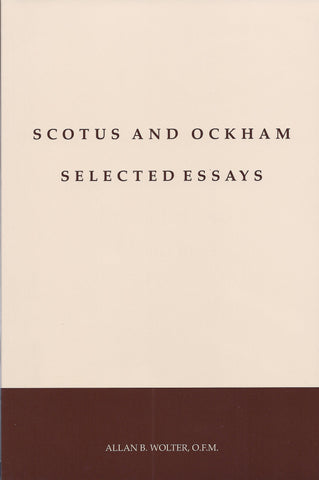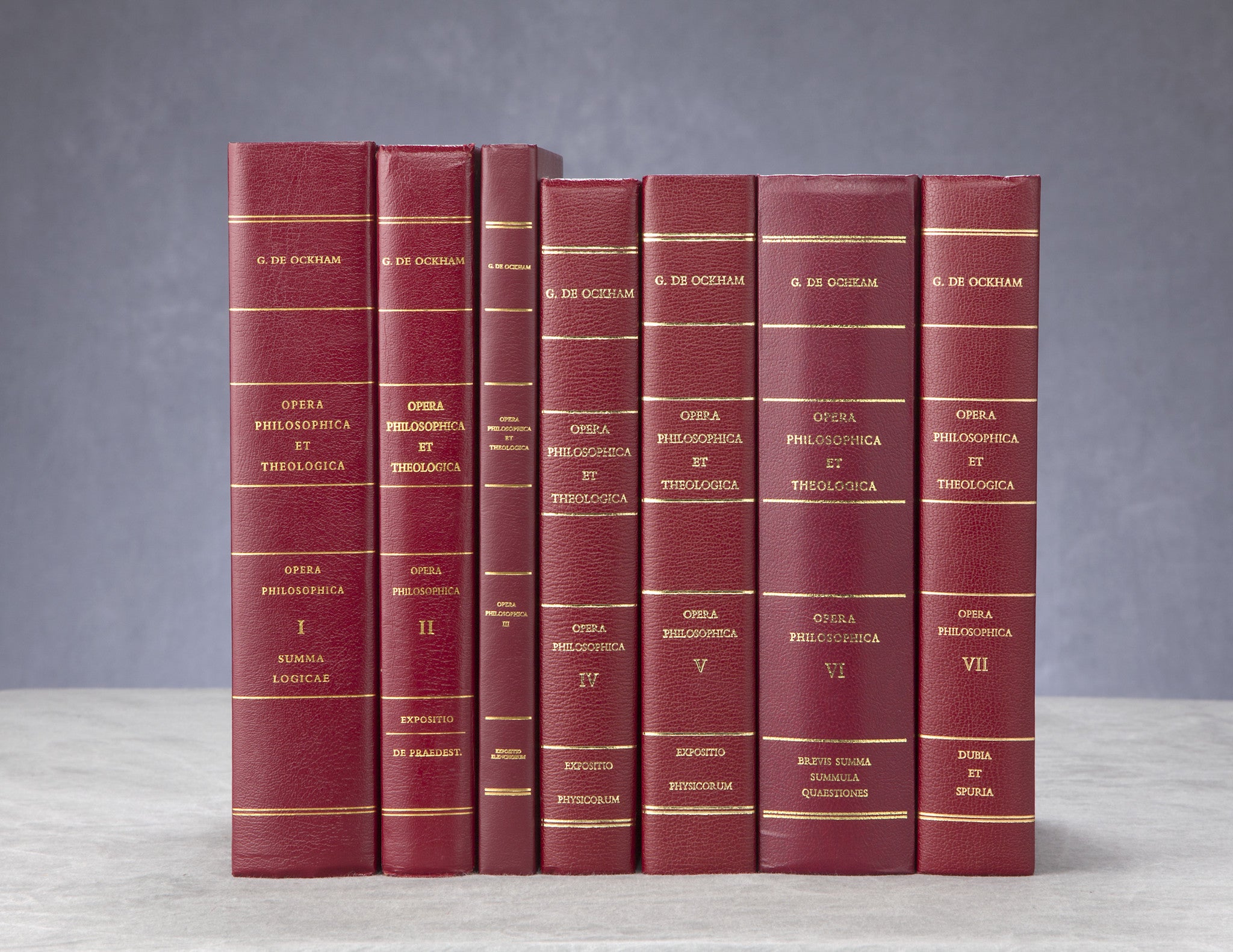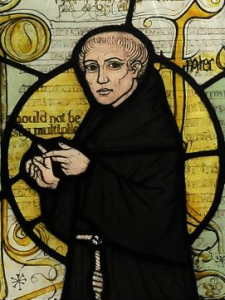

His emphasis on the role of God’s will in ethics influenced the development of divine command theory, which holds that moral values are determined by God’s commands. He believed that moral values were ultimately dependent on God’s will and that there was no inherent goodness in any action or object.ĭespite its controversial nature, Ockham’s ethical theory had a significant impact on the development of Western ethical thought. Ockham rejected the idea of natural law, arguing that there was no necessary connection between the nature of things and moral values. According to natural law, certain actions were inherently good or bad, regardless of God’s commands. Natural law was a central concept in medieval ethics, and it held that moral values were grounded in the nature of things. One of the most controversial aspects of Ockham’s ethical theory was his rejection of the idea of natural law. However, reason could not determine the content of moral values or provide a foundation for moral obligations. For Ockham, reason could be used to understand God’s commands and to discern the best means of fulfilling them. Ockham’s emphasis on the role of God’s will in ethics also meant that reason had a limited role to play in moral decision-making. Therefore, moral obligations are not subject to rational analysis or debate but are instead determined by God’s commands. According to Ockham, moral obligations are ultimately grounded in God’s will, rather than in reason or the nature of things. Ockham’s ethical theory had significant implications for issues such as the nature of moral obligation and the relationship between reason and morality. In Ockham’s view, the purpose of human life is to serve God and to fulfill His will.

This duty arises from the fact that God has created human beings and has given them a purpose to fulfill. However, Ockham also believed that human beings have a duty to obey God’s commands, even if doing so does not benefit them directly. Therefore, for Ockham, the motivation for moral action was ultimately selfish. He argued that people act morally not because of any inherent goodness in the action itself, but because they believe that it will benefit them in some way. Ockham believed that human beings are naturally self-interested and that this self-interest is the driving force behind moral action. Therefore, for Ockham, the primary goal of ethics was to understand and obey God’s will.
#WILLIAM OF OCKHAM FREE#
However, this free will is constrained by the commands of God, who has the ultimate authority over moral values. In Ockham’s view, human beings have free will, which enables them to choose between good and evil actions.

This meant that moral values were not grounded in the nature of things but were instead determined by God’s will.

According to Ockham, God has the power to make anything good or bad by simply willing it so. Ockham’s ethical theory was centered on the concept of voluntarism, which held that moral values are ultimately dependent on the will of God. His ethical theories were largely based on his theological and metaphysical views and were influenced by his nominalist philosophy. William of Ockham, a 14th-century Franciscan friar, was a significant figure in the development of ethical thought during the medieval period.


 0 kommentar(er)
0 kommentar(er)
